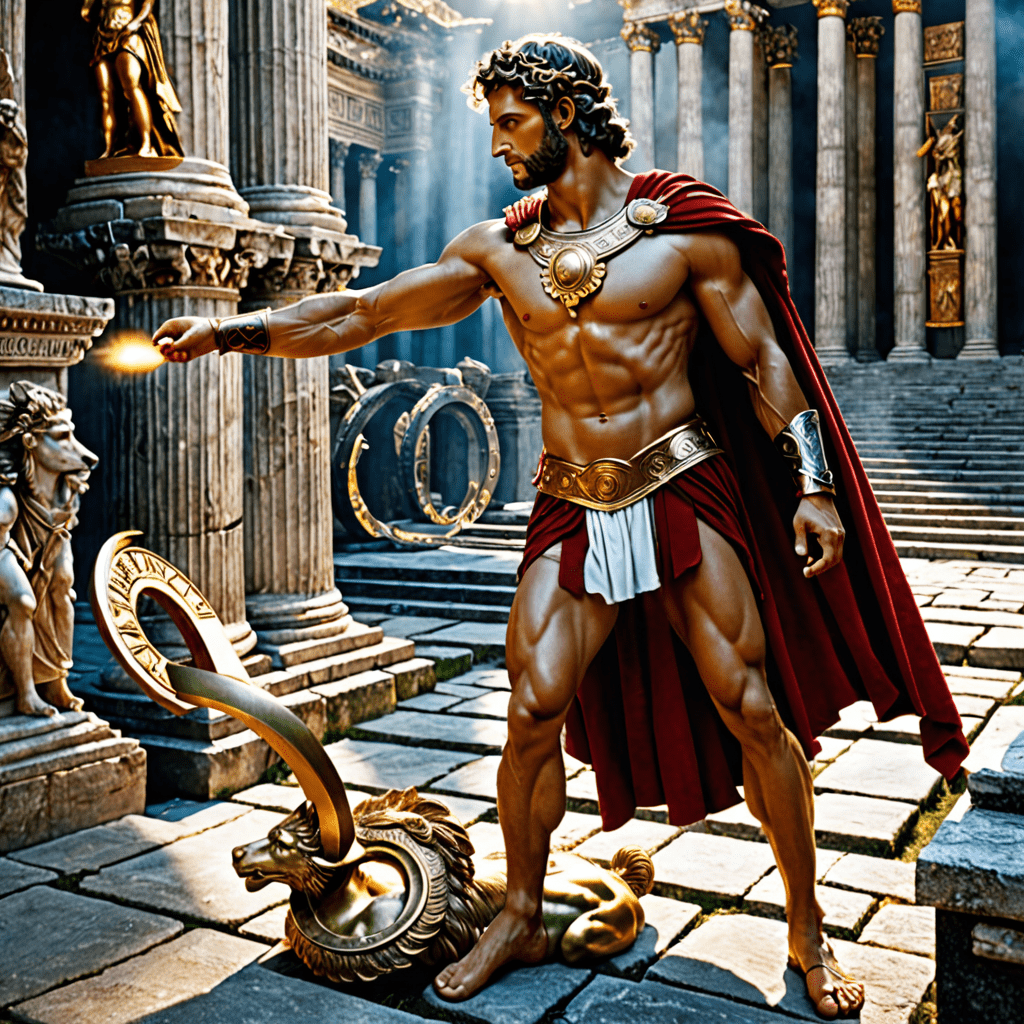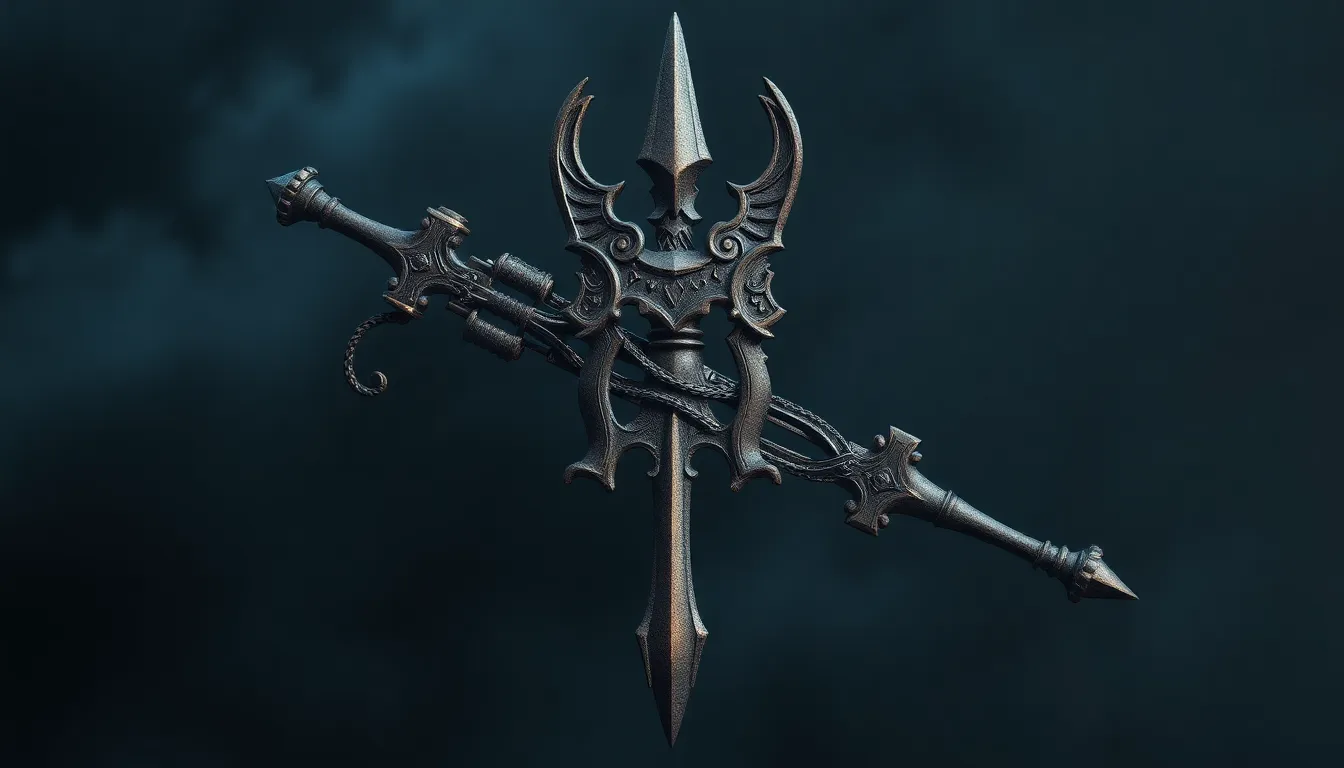The Symbolism of Timelessness and Eternity in Roman Mythology
Exploring the Concept of Timelessness in Roman Mythology
In Roman mythology, timelessness is often represented by deities like Saturn, the god of agriculture and time, who governs the Golden Age where
time was endless and abundant. The concept of timelessness denotes a state where existence goes beyond the constraints of time as mortals know
it, transcending the fleeting nature of mortal life.
Eternal Figures in Roman Mythology
Roman mythology is rich in characters symbolizing eternity. Venus, the goddess of love and beauty, embodies eternal love which transcends time and Morta, the goddess of death, personifies the inevitable end – a continuous cycle that eternally repeats in the Roman mythological realm.
Symbolic Motifs of Timelessness in Roman Worship and Culture
The Romans integrated the symbolism of timelessness and eternity in various aspects of their society. Architectural structures like the Pantheon,
dedicated to all Roman gods, emphasized eternity through its design and grandeur. Additionally, festivals such as the Saturnalia honored Saturn’s concept of timelessness by celebrating a festival that suspended social norms to evoke a temporary timeless state of joy and freedom.
The Influence of Roman Mythological Ideals on Modern Perspectives of Timelessness
The themes of timelessness and eternity in Roman mythology continue to inspire contemporary artistic and philosophical pursuits. They serve as a reminder of the enduring human quest for permanence, transcendence, and a deeper understanding of existence beyond the bounds of time.
FAQ: The Symbolism of Timelessness and Eternity in Roman Mythology
What does timelessness and eternity symbolize in Roman Mythology?
Answer: In Roman Mythology, timelessness and eternity often symbolize the immortality of gods and goddesses, the cyclical nature of life and death, and the eternal power of the divine over mortal existence.
Which Roman deities are associated with timelessness and eternity?
Answer: Deities like Saturn, the god of time and agriculture, and Janus, the god of beginnings and transitions, are closely connected to the concepts of timelessness and eternity in Roman Mythology.
How do Roman myths portray the idea of eternity?
Answer: Roman myths often depict eternal themes such as the eternal struggle between order and chaos, the eternal bond between the gods and humans, and the eternal cycle of creation and destruction.
What objects or symbols represent timelessness and eternity in Roman Mythology?
Answer: Symbols like the ouroboros (a serpent eating its tail), the infinity symbol, and celestial bodies such as the sun and moon are commonly associated with the concepts of timelessness and eternity in Roman Mythology.


